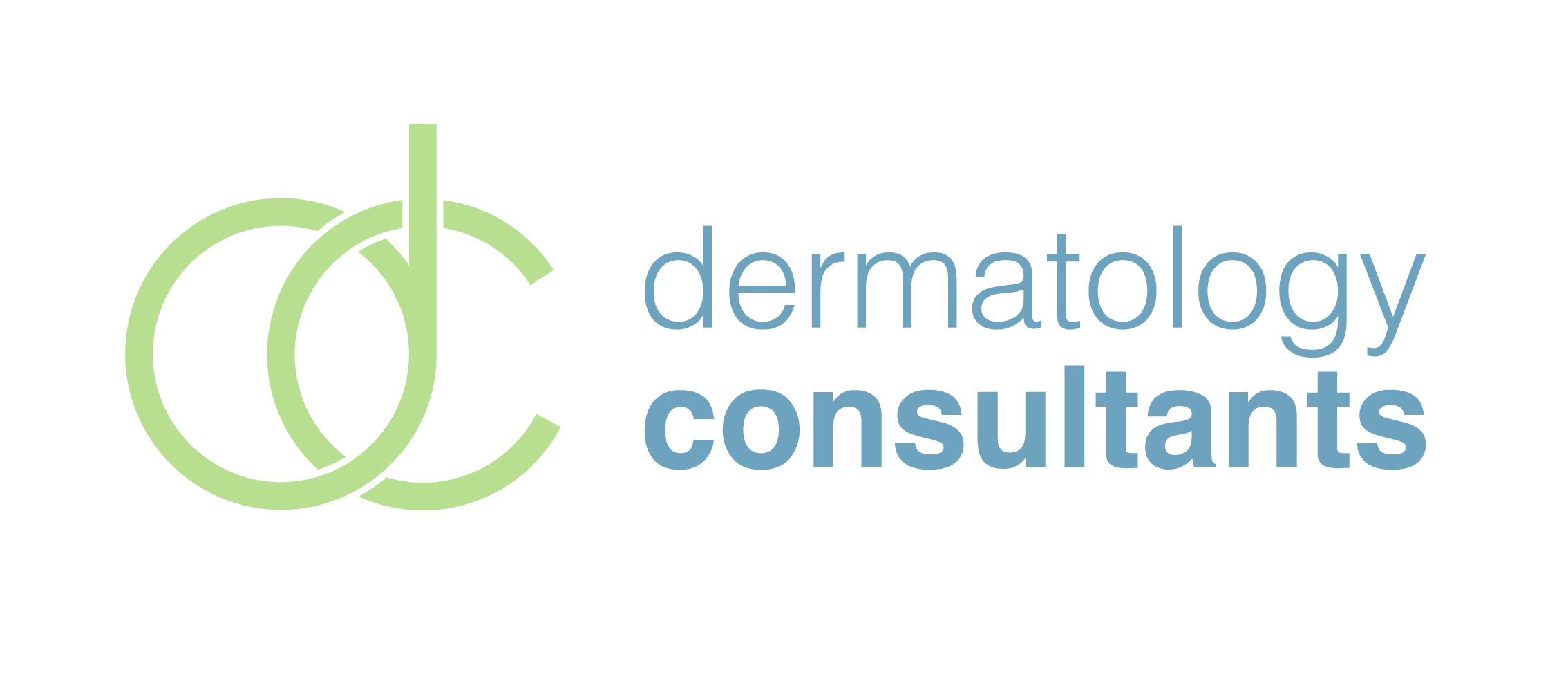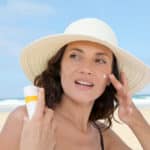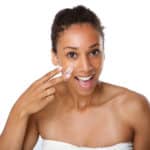The Top Myths About Acne
It’s amazing, in this age of information, that anyone still believes in the top myths about acne, and may even plan their skincare routine around them. We’ve collected some of the top acne myths to help you steer clear of incorrect information regarding your skincare routine:
Acne Myth: If you suffer from acne, you should avoid eating chocolate
While it is true that some diet choices can contribute to acne flareups, chocolate is not on the list because it has some ingredient unique to chocolate as a whole that makes it a big risk for acne sufferers. The dairy and sugar in chocolate is what adds to acne risk. Any type of food that has a high glycemic index – including refined carbs like bread and pasta – will cause your insulin levels to rise, which dials up your sebum production and contributes to clogged pores that boost your acne odds. Dermatologists and nutritionists say that dark chocolate with a cocoa content of 70% or higher is safer to eat, since the higher level of cocoa, the lower the glycemic index.
If you’re not used to the taste of dark chocolate, try a little at a time, to reap the benefits of dark chocolate’s ingredients and train your taste buds to look forward to a great piece of dark chocolate just like you would a piece of milk chocolate.
Acne Myth: Your diet has nothing to do with acne
Sugary foods, dairy products and unhealthy fats can lead to a greater chance of acne flareups, and your odds of acne flareups may increase if you don’t get a lot of omega-rich fish in your diet. Studies from long ago said that diet had nothing to do with acne occurrences, but now we know that diet can indeed trigger acne flareups, so talk to your dermatologist about your or your teen’s best diet choices for acne avoidance.
Acne Myth: Being out in the sun can heal your acne
This acne myth has fooled many people. While it is true that sunlight may reduce inflammation in the body (and with acne being partially a result of inflammation,) to much exposure to the sun breaks down your collagen, the protein that creates your skin’s youthful structure. When your collagen breaks down, your pores don’t have as much support as they should, which leads them to open up, attracting more dead skin cells and putting you at risk for breakouts. And the sun also reduces your skin’s ability to heal itself, so you may see more acne scars on your skin. Steer clear of the sun’s harmful rays, apply sunscreen, and forget about this diet myth.
Acne Myth: Chlorine improves acne
Your skin might feel great after a day of swimming, and it might seem like exposure to chlorine clears up pimples on your face and body, but chlorine is more likely to cause skin irritation, which will lead to more breakouts. When you’re done swimming, rinse off and apply oil-free lotion to help protect your skin’s natural moisture levels.
Acne Myth: Sunscreen clogs your pores
This acne myth misleads many people, who may think that applying any kind of lotion to their skin can increase acne odds. But sunscreen is important for your health and safety, and the ingredient zinc oxide in sunscreens may kill acne-causing bacteria.
Acne Myth: Having acne means you don’t wash your face enough
Untrue. Washing your face too often will strip your skin of its natural oils, leading to dehydration that causes your body to make more oil, which clogs pores and increases your odds of breakouts. Talk to your dermatologist about personally recommended brands and formulas of skin cleansers for adult acne and skin cleansers for teen acne, to help you make the most of your twice-daily face cleaning routine.
Acne Myth: Moisturizers can cause acne
Again, cleanse and apply moisturizer. When you apply moisturizer, your skin won’t sense its own dryness and over-produce oil, leading to acne breakouts.
Acne Myth: The stronger the acne product, the better
Talk with your dermatologist about the best specially formulated acne product for your skin, or for an antiobiotic that can help heal an acne breakout. Self-medicating and choosing your own OTC acne products can potentially backfire. Not to mention that strong acne medications can be irritating.
Acne Myth: Toothpaste can heal pimples or acne
Toothpaste can dry out a pimple, since it contains baking soda, hydrogen peroxide and other ingredients that can have a drying effect on the skin, but since it’s not formulated to be applied to your skin, you could be inviting rashes and further breakouts. Stick to its intended use.





